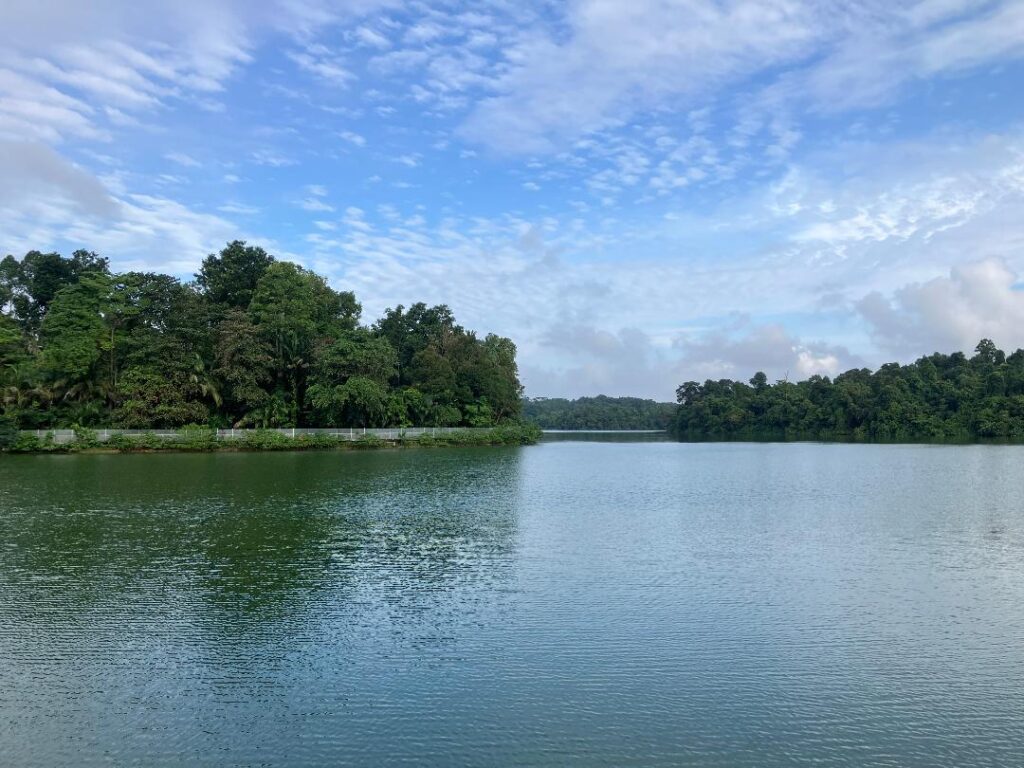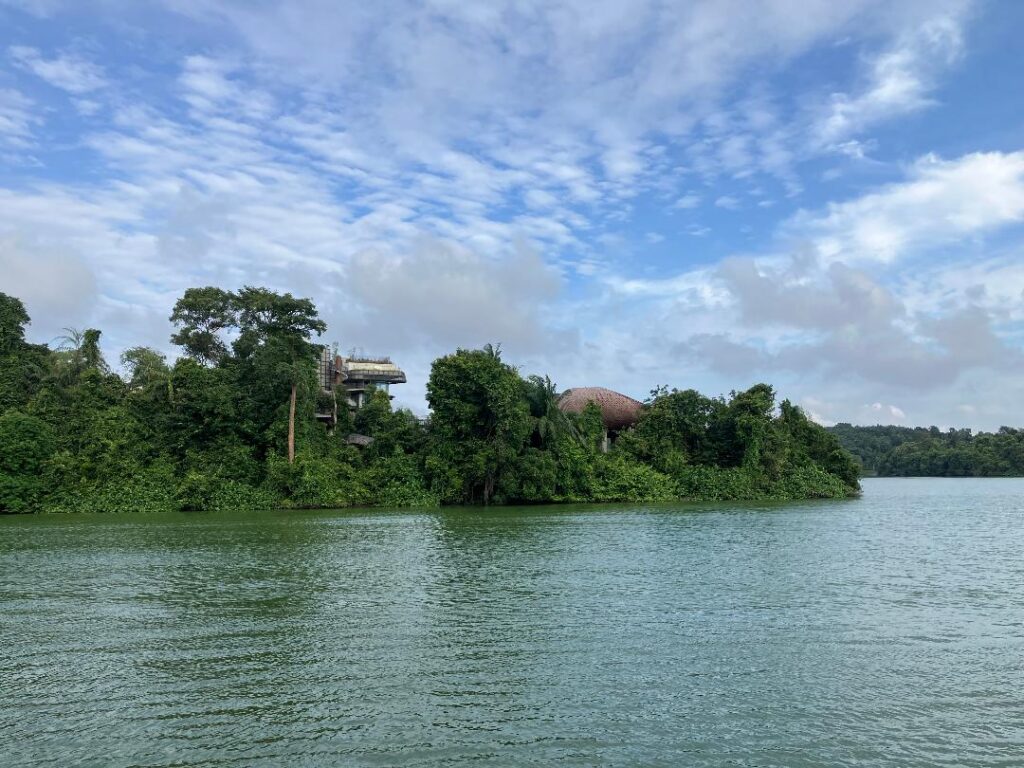
Why do we seek to prolong life? This calm yet provocative question came from a close friend whose parent, at over 80, had just undergone a costly self-funded treatment that amounted to half a million dollars. He wondered why humans can’t simply live out their natural lifespan and pass peacefully when the time comes like in the olden days, rather than allocating so many resources to extend life for only a few additional years. He argued that these resources might be better utilized to help more people.
He also asked about my personal beliefs and invited me to share my perspective.
As a free thinker and minimalist who advocates for personal finance and understands economic dynamics, I approached this question from two different angles.
Wearing the financial hat:
Living in the fast-paced and competitive environment of Singapore, it’s clear that we will likely meet the projections outlined in the 2013 Population White Paper, estimating the population will range from 6.5 to 6.9 million by 2030. As a resource-scarce nation, our people are our greatest asset, and their productivity drives our GDP. This necessity for economic growth underlies our existential concerns. Given our diminishing fertility rate, currently at 0.97, we increasingly rely on permanent residents and foreign workers to fill the gaps.
With the inflation surge in 2022 and ongoing trade conflicts, the cost of living has escalated even further. The propensity to optimize things all the time from budgeting on how much you could spend every month to cutting off unnecessary spendings had became even more important than ever. As a financial coach, I frequently hear complaints about rising costs, whether it’s the skyrocketing prices of homes, vehicle ownership, or everyday groceries. This reflects our first world country’s prosperity, albeit with its many challenges.
To navigate this reality, we strive for achievement from school onwards, aiming for a “better life” that includes aspiration, longevity and the capacity to uplift others. Aspirations drive us to justify our hard work, as contributing to society is heavily tied to our financial activities, including paying taxes and making purchases that fulfill our dreams.
This pursuit of material goals fosters a cycle where individuals continuously seek larger homes, better cars, and extravagant vacations, all in the name of dreams and aspiration. Yet, this relentless chase can lead to stress and anxiety, highlighting a deeper social and health cost to living in such a competitive climate. As people reach the end of life with financial resources, they often seek to prolong their existence, inevitably raising medical costs and contributing to an unsustainable trajectory. With a growing, aging population and nearly 8 billion people globally, the demand on resources continues to rise, potentially leading to a tipping point.
This cycle of prosperity has been linked to climate change and disaster, as substantiated by extensive research. While awareness of climate issues has increased, leaders face the challenge of balancing growth with sustainability—a solution that remains urgent yet often overlooked.
Now, shifting to my minimalist perspective:
As a minimalist, I derive most of my joy from very simple things yet due to reality I still feel the innate need to build up my resources first to make sure I have some contingency resources for my family’s future, especially for my children as they grow up in this uncertain world.
Having experienced ups and downs, including business failures and strained relationships, I now view money differently. I aim to uphold my values, resisting manipulation by financial pressures. With a degree of financial security established through hard work, saving and investing with my wife, I see myself as a steward of the modest resources we’ve built up from scratch and would gladly simplify our lives further once my children are grown.
Currently, I find fulfillment in advocating for financial literacy through writing, coaching, and volunteering, all while being a dedicated father. Although my minimalist lifestyle may not directly contribute to economic growth—especially compared to peers still entrenched in corporate careers—I find contentment in my choices.
If you were to ask me about fulfilling my life’s aspirations, I would proudly express that I feel a deep sense of fulfillment and contentment in my journey so far. I have reached a point where I could leave this world at any time with few regrets, knowing that I have lived authentically and stayed true to my values. While I sometimes find myself considering ways to expand my clients’ investments to enhance their financial security, I always remind myself that my ultimate goal transcends mere financial growth. It is about empowering them to realize their own aspirations and dreams not dictated by societal expectations.
As I work closely with my clients, I observe a common realization that many come to later in life: the understanding that time holds greater value than money. The relentless pursuit of wealth can often overshadow the precious moments that truly enrich our lives. As individuals reflect on their journeys in the twilight of their years, they often grapple with the realization that true fulfillment lies not in monetary gains, but in the experiences, relationships, and memories created along the way. This perspective reinforces my commitment to guiding others in a way that prioritizes their holistic well-being and personal satisfaction over sheer financial accumulation.
The challenge of living a simple yet fulfilling life while remaining true to one’s values can often feel overwhelming. It entails resisting the constant urge to chase after more and instead finding joy in what one has already accomplished. Balancing these elements is no small feat; it demands a commitment to living in the moment rather than becoming overly preoccupied with the future, much like Forrest Gump exemplified in my recent blog post.
In a fast-paced environment like Singapore, where existential concerns about the nation can overshadow personal well-being, pursuing a minimalist lifestyle requires considerable effort and determination. The societal pressure to conform can be daunting, making it seem difficult to carve out a path that aligns with one’s true desires. However, it is not impossible. With resilience and intention, one can navigate this challenging landscape, embracing simplicity and authenticity. There is a glimmer of hope in the ability to choose a life that prioritizes meaningful experiences and genuine connections, proving that a fulfilling life is achievable, even amidst external pressures.
In conclusion, embracing both perspectives has shaped my life, and I hope my reflections offer insights. I’m eager to hear your thoughts as well.
